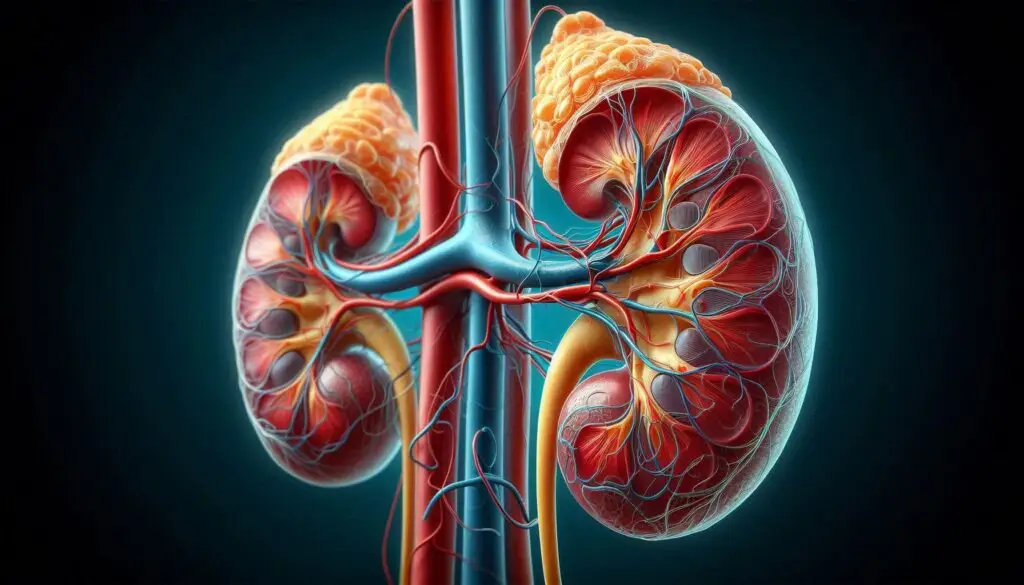Drugs for Fluid and Electrolyte Balance

Introduction
In this section, introduce the importance of maintaining fluid and electrolyte balance in the body. Explain how various medications, particularly diuretics, play a crucial role in this balance.
What Are Electrolytes?
Define electrolytes and their functions. Discuss key electrolytes such as sodium, potassium, calcium, magnesium, and their roles in bodily functions.
The Importance of Fluid Balance
Explain how fluid balance impacts overall health. Discuss conditions that can lead to imbalances, such as dehydration and overhydration.
Diuretics: The Primary Medications
What Are Diuretics?
Define diuretics and their purpose in medical treatment.
Types of Diuretics
- Thiazide Diuretics: Mechanism of action and common uses.
- Loop Diuretics: Mechanism of action and common uses.
- Potassium-Sparing Diuretics: Mechanism of action and common uses.
Mechanisms of Action
Explain how diuretics affect the kidneys and electrolyte levels. Discuss the specific sites of action within the nephron.
Electrolyte Imbalances Caused by Diuretics
Common Imbalances
- Hyponatremia: Causes and symptoms.
- Hypernatremia: Causes and symptoms.
- Hypokalemia: Causes and symptoms.
- Hyperkalemia: Causes and symptoms.
Clinical Implications
Discuss the potential health risks associated with these imbalances, including arrhythmias and neurological issues.
Monitoring and Management
Explain the importance of monitoring electrolyte levels in patients taking diuretics. Discuss recommended practices for healthcare providers.
Conclusion
Summarize the key points discussed in the article. Emphasize the need for careful management of fluid and electrolyte balance in patients using diuretics.
References
Include a section for references to support the information provided in the article.
Article Content
Introduction
Maintaining the right balance of fluids and electrolytes is vital for health. Electrolytes are minerals in your body that carry an electric charge. They help regulate various bodily functions, including nerve function, muscle contraction, and hydration levels. Medications, particularly diuretics, are commonly used to manage fluid and electrolyte balance, especially in conditions like heart failure and hypertension.
What Are Electrolytes?
Electrolytes include sodium, potassium, calcium, magnesium, chloride, and bicarbonate. These minerals are essential for maintaining electrical neutrality in cells and conducting nerve impulses.
The Importance of Fluid Balance
Fluid balance is crucial for overall health. It affects blood pressure, nutrient transport, and waste elimination. Imbalances can lead to dehydration or overhydration, both of which can have serious health consequences.
Diuretics: The Primary Medications
What Are Diuretics?
Diuretics are medications that promote the excretion of water and salts through urine. They are often prescribed to treat conditions like hypertension and edema.
Types of Diuretics
- Thiazide Diuretics: These are commonly used to treat high blood pressure and heart failure. They work by inhibiting sodium reabsorption in the distal convoluted tubule.
- Loop Diuretics: More potent than thiazides, loop diuretics act on the ascending loop of Henle. They are often used in acute settings, such as heart failure.
- Potassium-Sparing Diuretics: These help retain potassium while promoting sodium excretion. They are often used in combination with other diuretics to prevent potassium loss.
Mechanisms of Action
Diuretics affect the kidneys by altering the reabsorption of electrolytes. Thiazide diuretics inhibit sodium reabsorption in the distal convoluted tubule. Loop diuretics act on the ascending loop of Henle, while potassium-sparing diuretics work in the collecting ducts.
Electrolyte Imbalances Caused by Diuretics
Common Imbalances
- Hyponatremia: Low sodium levels can lead to confusion and seizures.
- Hypernatremia: High sodium levels can cause thirst and restlessness.
- Hypokalemia: Low potassium levels can lead to muscle weakness and arrhythmias.
- Hyperkalemia: High potassium levels can be life-threatening and may cause cardiac arrest.
Clinical Implications
Electrolyte imbalances can have serious health risks. For example, hypokalemia can lead to dangerous heart rhythms, while hyperkalemia can be fatal.
Monitoring and Management
Healthcare providers must monitor electrolyte levels in patients taking diuretics. Regular blood tests can help detect imbalances early. Adjustments in medication or dietary changes may be necessary to manage these imbalances.
Conclusion
In summary, drugs that affect fluid and electrolyte balance, particularly diuretics, play a crucial role in managing various health conditions. Understanding their mechanisms and potential side effects is essential for effective treatment.
For more pearls of Vets Wisdom:
https://wiseias.com/partitioning-of-food-energy-within-animals/






Responses